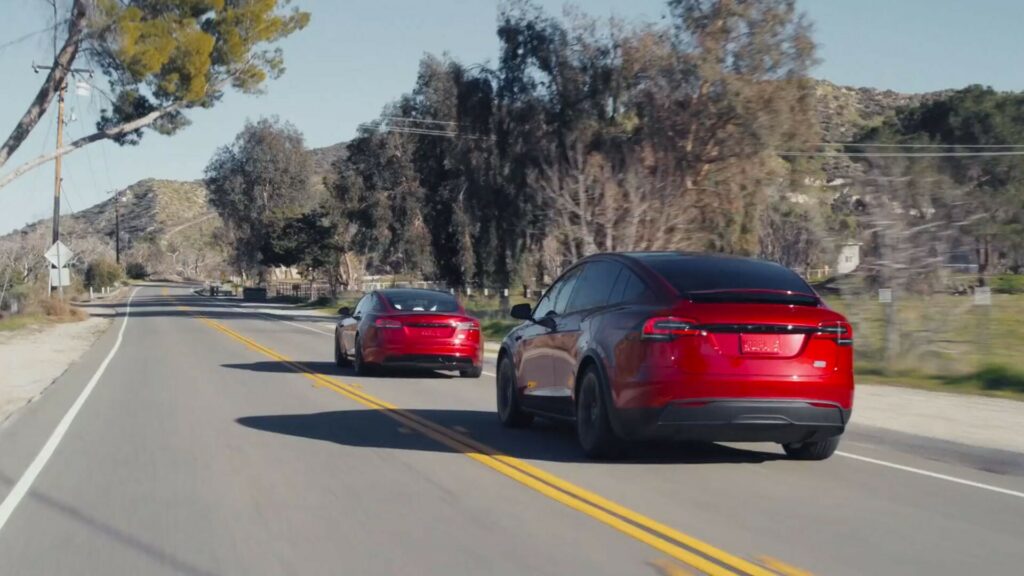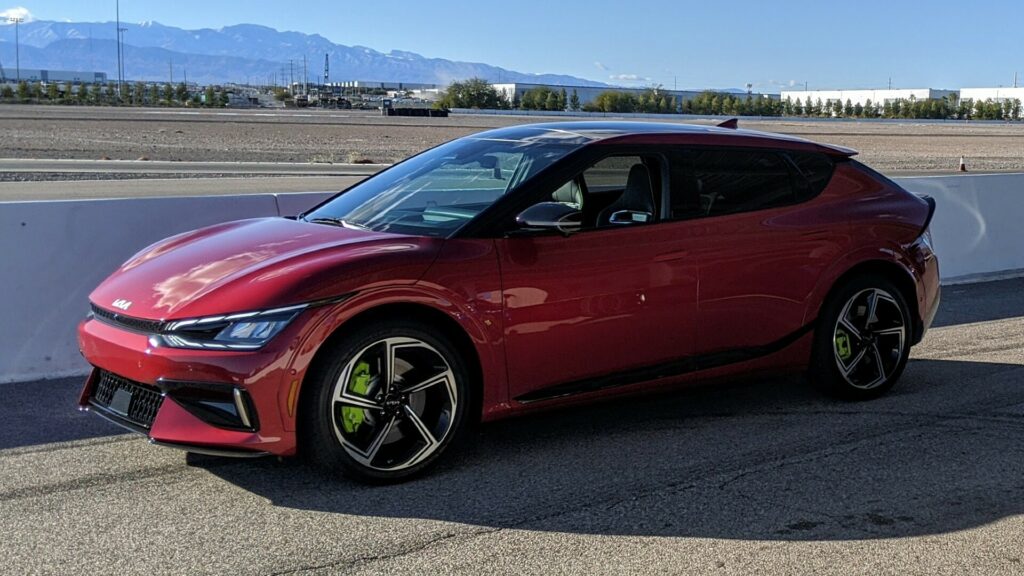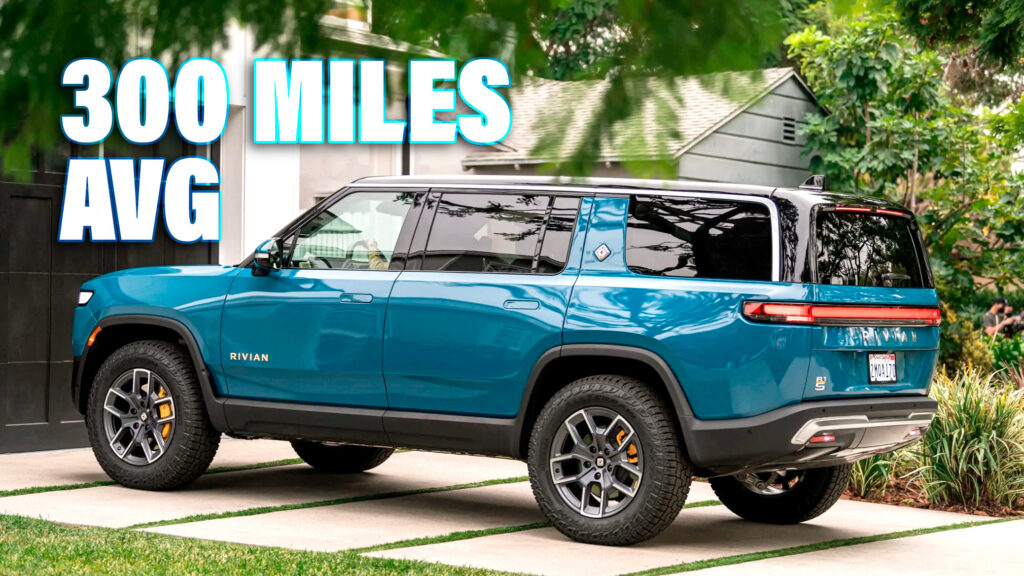The average range of electric vehicles available in the United States has soared to 291 miles (468 km), roughly 30% higher than the global average.
Those living in the U.S. travel a combined 4 trillion miles (6.4 trillion km) a year, roughly 14,500 miles (23,335 km) per person, so it’s hardly a surprise that Americans want EVs with big batteries that can get them around. Indeed, Bloomberg notes that the average battery range of an EV sold in the U.S. has quadrupled since 2011 when the Nissan Leaf was the only widely available EV on sale offering up just 73 miles (117 km) of range.
Tesla played a pivotal role in the introduction of longer-range electric vehicles in the United States and the expectations of American consumers has also grown. In fact, almost two-thirds of respondents to a recent Bloomberg survey revealed that an EV with 300-plus miles of range was adequate for their needs. Less than 10 per cent of people surveyed said they would settle for an EV with 200 miles of range or less.
Watch: 2022 Lucid Air Driven, 520-Mile Range Tested By Motor Trend

Interestingly, just five electric vehicles accounted for 70 per cent of America’s total EV sales last year. These were the Tesla Model Y, Tesla Model 3, Ford Mustang Mach-E, Tesla Model S, and Chevrolet Bolt EUV. The average range of these vehicles is 309 miles (497 km).
The average range of EVs in the U.S. has soared since 2014 when it was roughly the same as the global average. Indeed, Bloomberg data reveals that in 2014, the average global EV range sat at 130.5 miles (210 km) while the average EV range in the U.S. was 129.3 miles (208 km). In 2016, the global average rose to 144.8 miles (233 km) but increased to 187.4 miles (301.5 km) in the U.S. This trend has continued and in 2021, the global average was 216.9 miles (349 km) while in the U.S. it was 286.8 miles (461 km).




